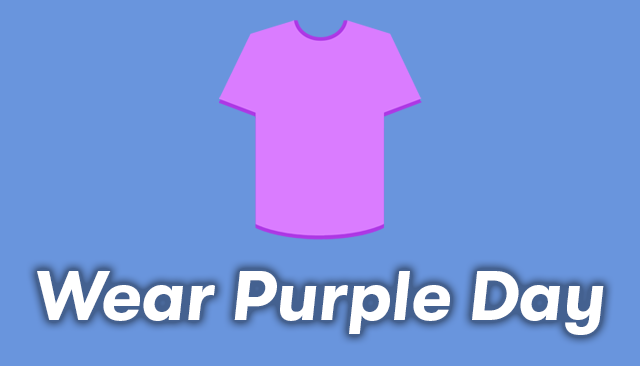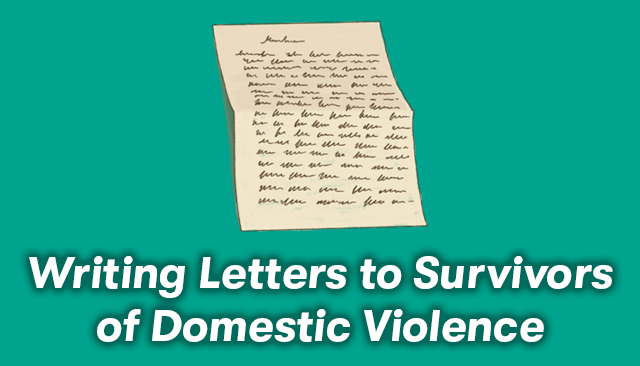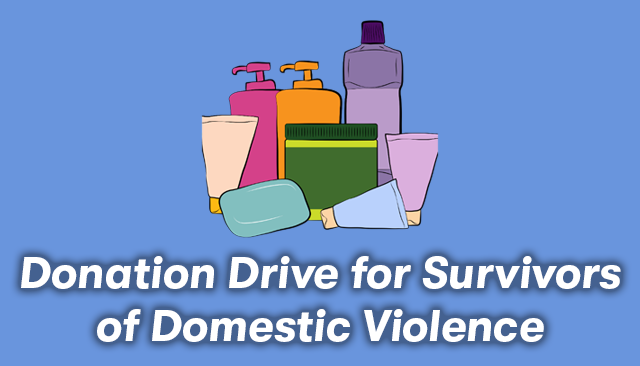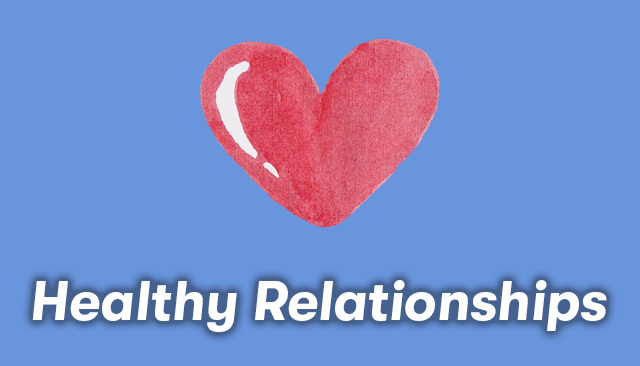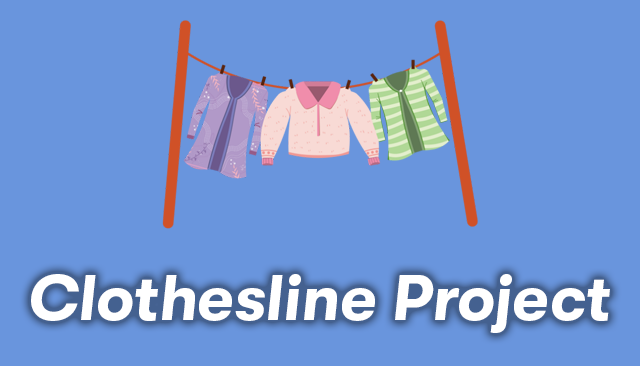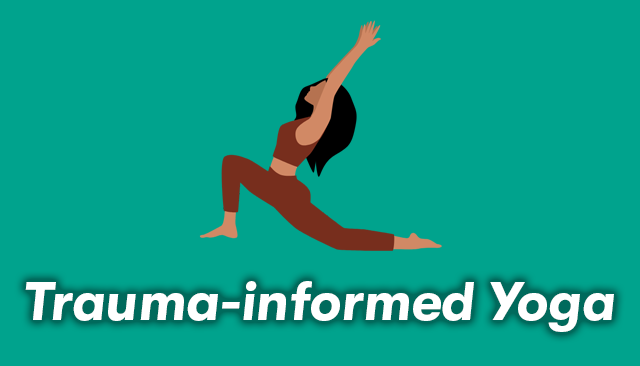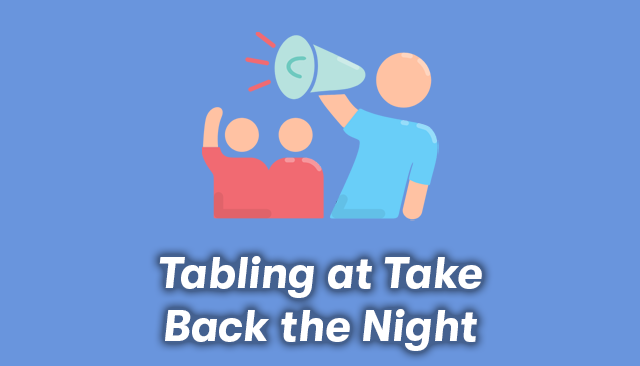Contact Us
Fax: 202-885-1397
Mon and Thurs: 9am-6pm
Tues, Wed, and Fri: 9am-5pm
Summer hours: M-F 9am-5pm
Closed Saturday and Sunday
Mary Graydon Student Center, Room 206 on a map
Center for Well-Being Programs and Psychological Services 4400 Massachusetts Avenue NW Washington, DC 20016 United StatesWhat is Advocacy?
Advocacy Is:
- Trauma-informed: We are experts on the impact of trauma on student functioning.
- Survivor-centered: Our goal is to reduce the burden on survivors as they navigate their recovery.
- Empowerment-based: We don't believe in telling anyone what to do; rather, we provide information to help survivors make fully-informed decisions.
Book an In-Person Appointment
Advocacy Is Not:
- A substitute for counseling: Advocacy might feel therapeutic, but it isn't therapy. For psychotherapy services, please see here. WBC clinicians are trauma-informed to respond to your concerns.
- Medical Advice: While we encourage survivors to access medical care, we do not provide medical advice.
- Legal advice: We work closely with local organizations who provide free legal services for survivors.
Explore our Survivor Toolkit for a variety of resources to support you.
Victim Advocacy Services Training/Workshop Request
VSA facilitates trainings and workshops across the university and for community partners. If you are interested in a workshop, training, or would like to request an advocate for a speaker/panel engagement, please email wbcprograms@american.edu.
Submit a Inquiry
Signature Trainings & Workshops
Bystander Intervention
This training encourages and educates participants how to identify and safely respond to inappropriate and/or harmful situations that perpetrate or support the cycle of violence. Our training is based on the 5 D’s and offered bi-annually.
Healthy Relationships
This workshop is to equip students with the knowledge and skills to identify dynamics of healthy vs unhealthy relationships, including but not limited to boundary setting, manipulation, accountability, etc.
Consent Workshop
This workshop explores consent in various way including but not limited to platonic or romantic relationships, sexual or non-sexual contact, and daily practices that support consent culture.
How To Help a Friend (Peer Health Educator Lead)
CWB’s PHEs teach students how to navigate supporting friends that have experienced sexual assault while honoring your personal limits/capabilities in the process.
Trauma Informed Care
The Center for Well-Being staff members educates attendees about what trauma-informed care is and how to translate the TIC framework into practical tools to engage with students. This training covers TIC in a general scope with advocate and/or clinician.
How To Support Students
VSA advocates facilitates this workshop for staff and faculty to learn ways to support students navigating impact related to Interpersonal violence and how a trauma informed compassionate classroom enhances student experience.
New Student Orientation
Each semester VSA conducts training for new incoming students that covers our services, campus resources, and overview of interpersonal violence, consent, how to respond to survivors, and bystander intervention.
Signature Programming
Victim Advocacy Services at the Center for Well-Being Programs and Psychological Services hosts a plethora of events to support survivors and inform students about campus and community resources. Look out for an increased number of events in October for Domestic Violence Awareness Month and April for Sexual Assault Awareness Month. Below is a snapshot of some of the programming we have held:
